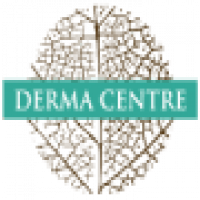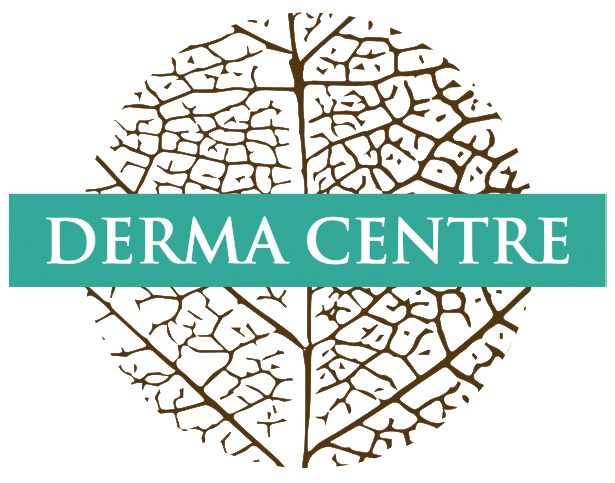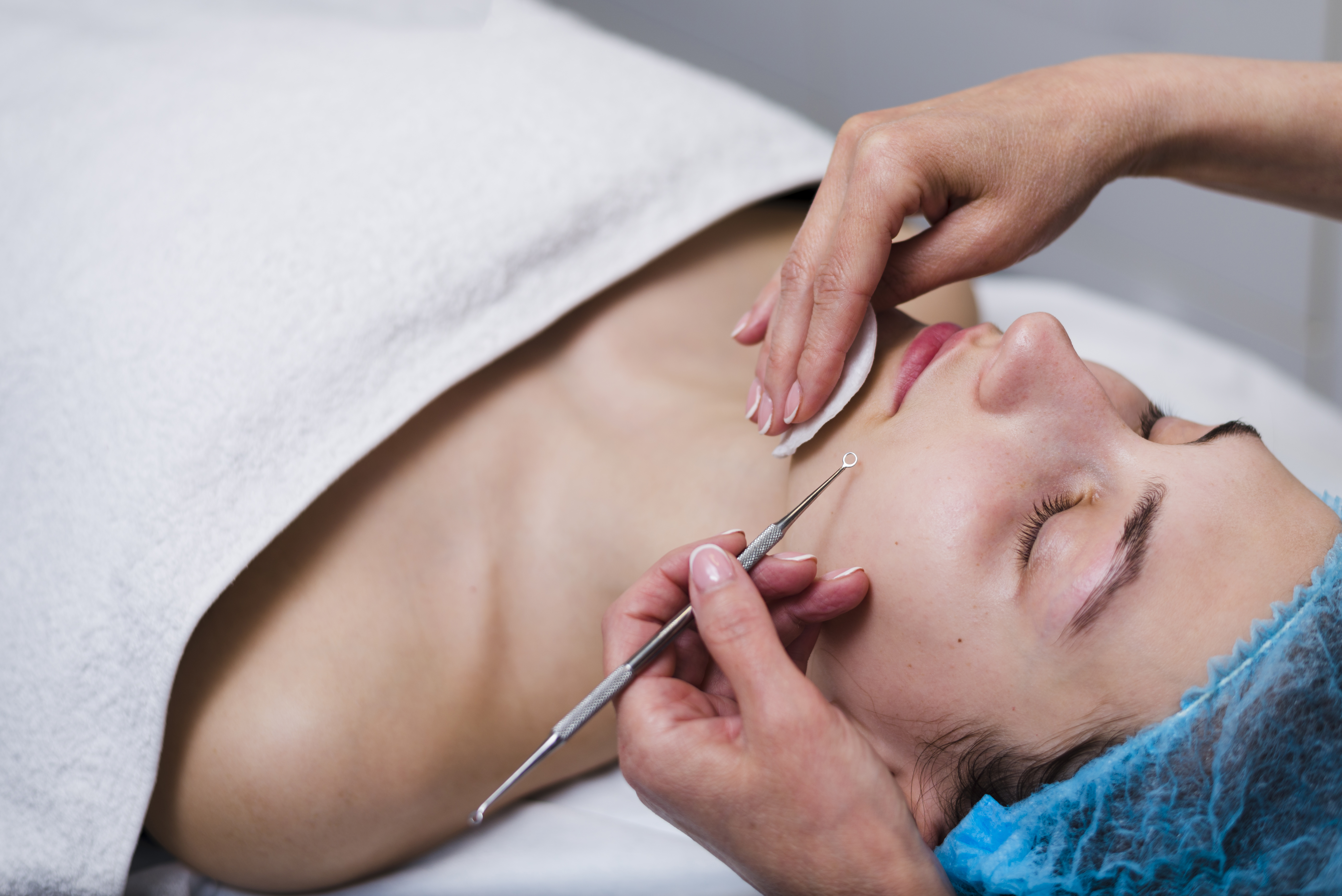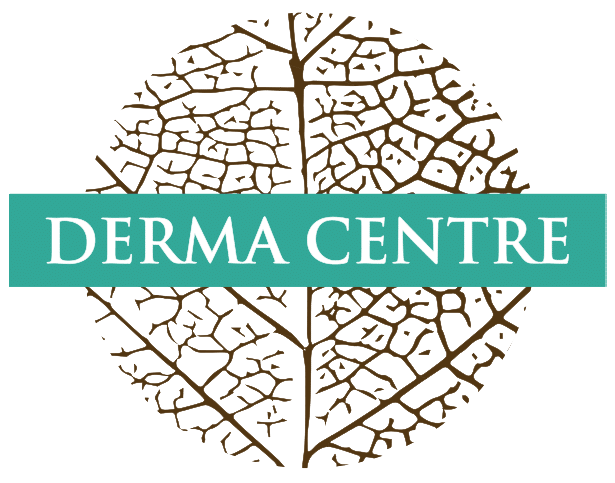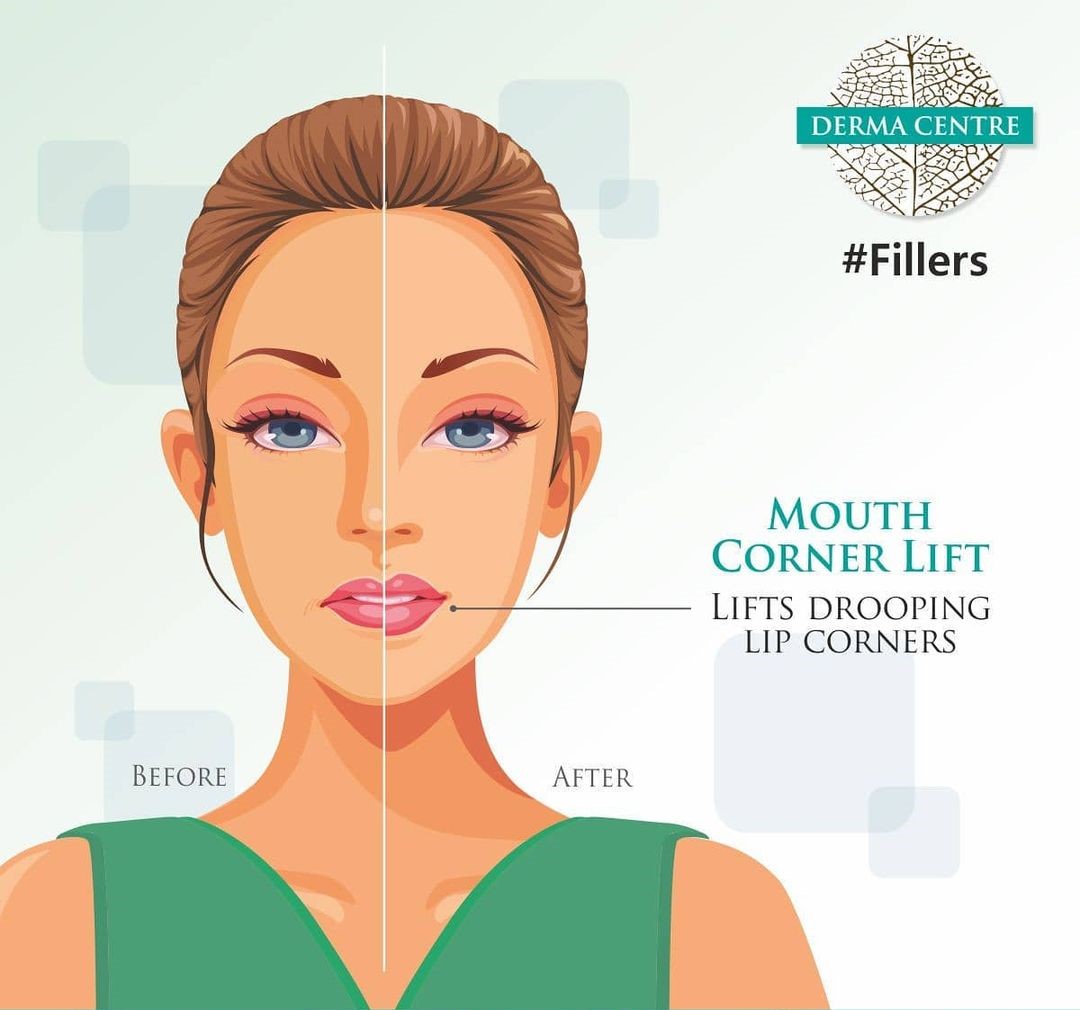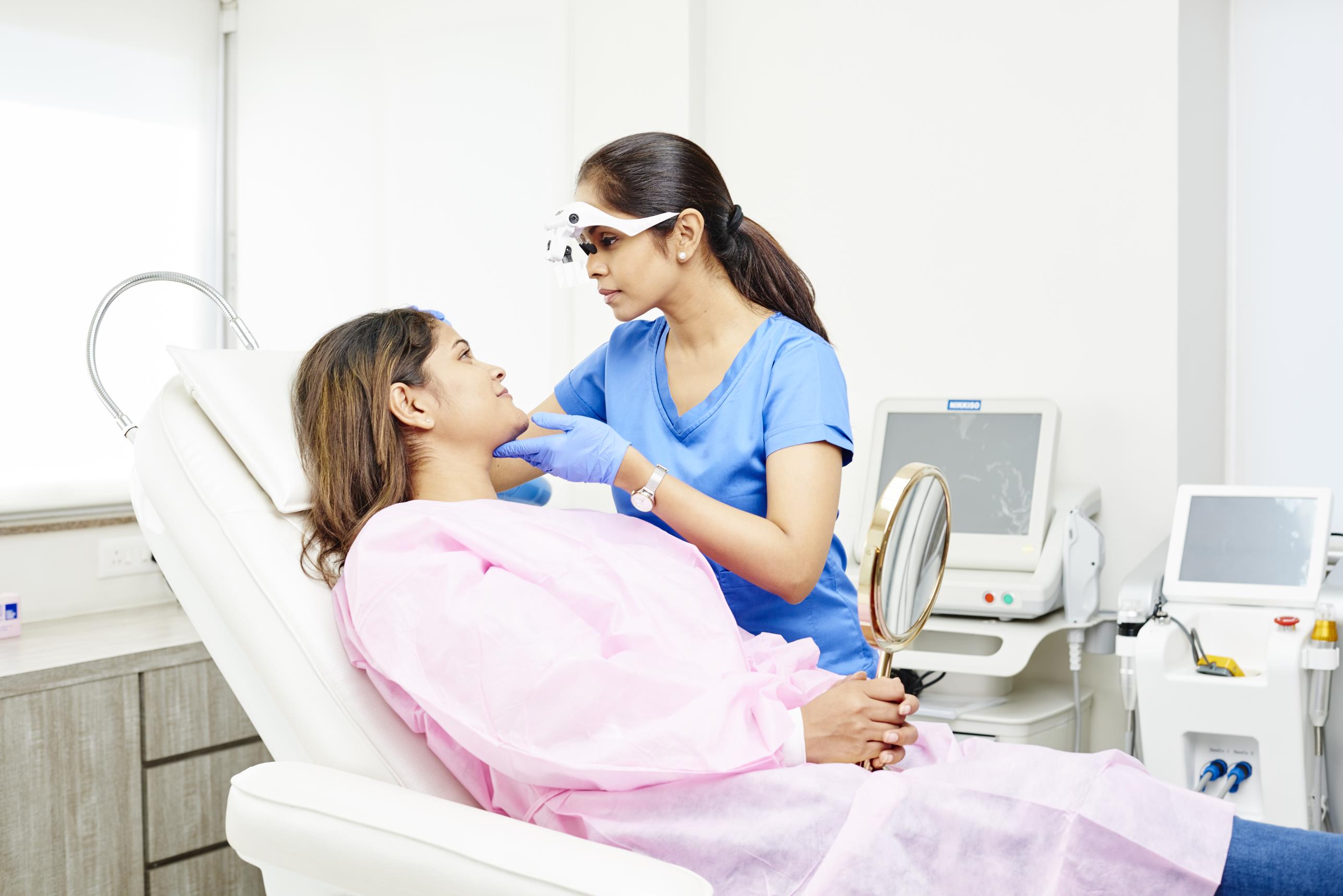Clear Skin Chronicles: Why Benzoyl Peroxide Is Still the Acne-Fighting GOAT
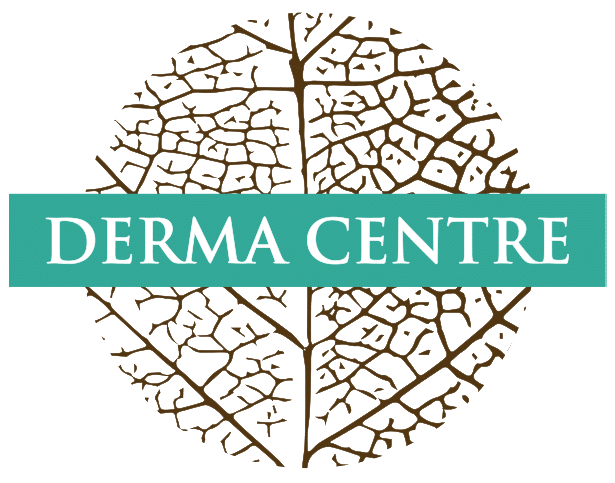
1. Benzoyl Peroxide 101: What Is It and Why It Matters
When it comes to treating breakouts, one ingredient stands out for its proven track record—benzoyl peroxide. Known for its antibacterial powers, this compound fights acne at the root by targeting Cutibacterium acnes, the bacteria responsible for pimples. For those seeking the best acne treatment in Pune, benzoyl peroxide is often one of the first recommendations dermatologists make, especially for inflamed or persistent acne.
Available in creams, gels, face washes, and spot treatments, benzoyl peroxide helps unclog pores, reduce inflammation, and prevent future breakouts. Unlike other ingredients that only exfoliate or dry the skin, this compound penetrates deeply, making it a reliable staple in both over-the-counter and prescription skincare solutions.
2. How Benzoyl Peroxide Works on Acne
The primary function of benzoyl peroxide is to kill acne-causing bacteria. But that’s not all—it also works as a gentle exfoliant, removing dead skin cells and excess oil from the skin’s surface. This dual-action makes it one of the most effective acne-fighting ingredients available today.
Moreover, it helps reduce the size and redness of existing pimples while preventing new ones from forming. Since it doesn’t rely on bacterial resistance (unlike antibiotics), its effectiveness doesn’t diminish over time, which makes it ideal for long-term acne management.
3. Types of Acne Benzoyl Peroxide Can Treat
Not all acne is created equal, and benzoyl peroxide is especially useful for treating certain types. It works wonders on inflammatory acne—think red, swollen pimples and pus-filled pustules. Its antibacterial properties directly attack the root cause of these breakouts.
However, it may not be as effective for blackheads or closed comedones (whiteheads), where ingredients like salicylic acid or retinoids might work better. Still, for moderate to severe acne or even cystic breakouts, benzoyl peroxide is often a must-have in your treatment plan.
4. Choosing the Right Concentration for Your Skin
Benzoyl peroxide products come in different strengths, typically ranging from 2.5% to 10%. The right concentration depends on your skin type and the severity of your acne. For beginners or those with sensitive skin, it’s best to start with a lower concentration (2.5% or 5%) to avoid irritation.
Interestingly, studies show that 2.5% can be just as effective as 10%—with significantly less dryness and redness. So instead of jumping to the strongest product, it's smarter to ease into usage, observe your skin’s response, and then decide if you need a higher dosage.
5. How to Use Benzoyl Peroxide Safely and Effectively
To reap the benefits of benzoyl peroxide without overwhelming your skin, you need a smart application strategy. Start by using it once a day, preferably at night. Apply a thin layer to clean, dry skin and always follow up with a moisturizer to offset dryness.
It’s also important to avoid mixing it with certain active ingredients like retinol or vitamin C in the same routine, as that can lead to irritation. Always patch-test before full application and wear sunscreen during the day—this ingredient can make your skin more sensitive to the sun.
6. Side Effects You Should Know About
Like most active skincare ingredients, benzoyl peroxide comes with a few potential side effects. The most common ones include dryness, redness, peeling, and slight stinging—especially during the first week of use. However, these usually subside as your skin builds tolerance.
To minimize side effects, stick to lower concentrations initially and always moisturize after application. Also, keep in mind that benzoyl peroxide can bleach fabrics, so use white towels and pillowcases or wash your hands thoroughly after application.
7. Combining Benzoyl Peroxide with Other Treatments
When used thoughtfully, benzoyl peroxide pairs well with other acne-fighting ingredients. Dermatologists often recommend using it in the morning and applying a retinoid like adapalene at night. This dual approach tackles acne from multiple angles—killing bacteria and increasing cell turnover.
For severe acne, your dermatologist might even combine benzoyl peroxide with topical or oral antibiotics to reduce bacterial resistance. Remember, though, that layering too many products can irritate your skin, so work with a professional to create a balanced regimen.
8. Is Benzoyl Peroxide Right for Everyone?
While benzoyl peroxide is effective for many, it’s not a universal solution. People with ultra-sensitive skin or eczema may find it too harsh. Additionally, individuals with darker skin tones should monitor for post-inflammatory hyperpigmentation, although this is rare.
Pregnant or breastfeeding women should consult a dermatologist before starting any new treatment. The good news? If benzoyl peroxide isn’t suitable, there are plenty of alternatives like salicylic acid, sulfur, or newer treatments such as light-based therapies.
9. Professional Acne Care: Beyond Drugstore Options
If your acne persists despite using benzoyl peroxide, it might be time to consult a skincare professional. Clinical-strength treatments, personalized routines, and in-office procedures can offer better results. In Pune, patients often turn to advanced therapies like hydrafacial in Pune for deep cleansing and skin rejuvenation as a complement to their topical treatments.
These professional services help accelerate healing, prevent scarring, and improve overall skin texture. Combining medical-grade skincare with cosmetic dermatology ensures your acne is tackled comprehensively, both above and below the surface.
Note: IndiBlogHub features both user-submitted and editorial content. We do not verify third-party contributions. Read our Disclaimer and Privacy Policyfor details.

